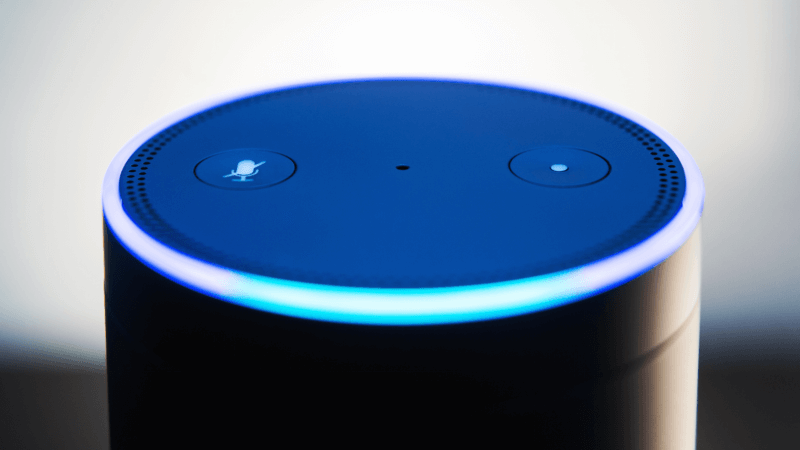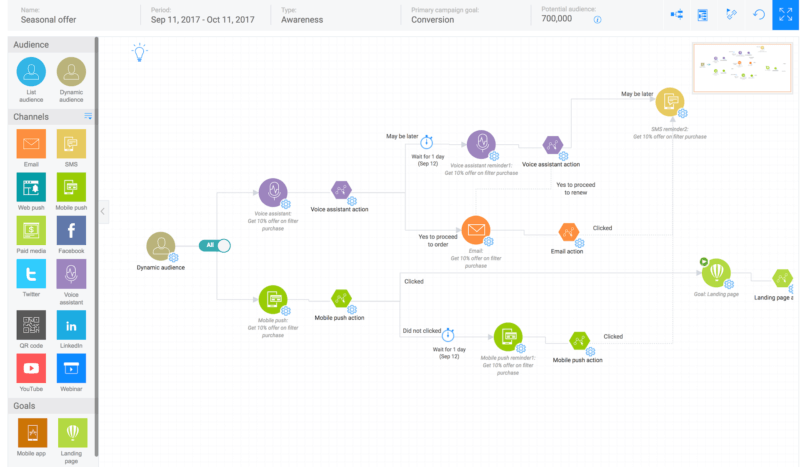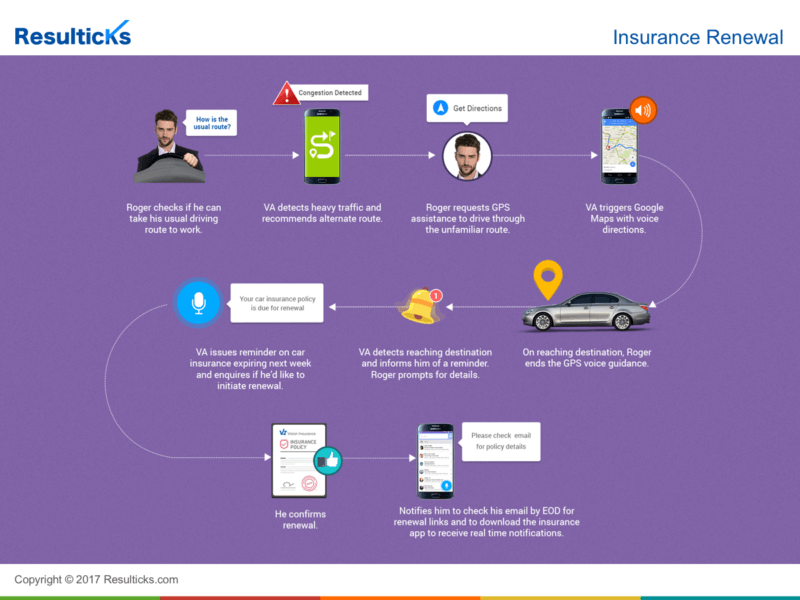The Singapore-based company says this is the first voice agent integrated with a full customer life cycle.

Within three years, according to research firm Gartner, voice agents will handle about a third of all web browsing.
To handle that major new channel, marketing automation platform Resulticks has launched what it says is the first integration of voice assistants into a customer life cycle platform.
Based in Singapore, with offices in the US and elsewhere, Resulticks offers a platform for managing communications with customers in such channels as email, SMS, social media, mobile apps, near field communication, QR codes, sentiment analysis, beacons and notifications to websites.
Through integrations with Amazon Alexa, Google Home, Microsoft Cortana — and eventually Apple Siri — the platform is adding its understanding of customer profiles and brands’ marketing goals to voice interaction.
Here’s how a voice assistant looks when it becomes another channel in a customer journey:
The Resulticks platform takes outputs from Google’s open source API.ai intent engine or its equivalent, turning natural language queries from the user into indications of what the user wants.
CEO and co-founder Redicka Subramanian pointed to a wide range of possible use cases:
-
- On a hot day, a consumer could ask Alexa about temperature forecasts and the current temperature in the house, as the consumer has connected the voice agent with a smart HVAC system and its mobile app. Alexa reports back the info, adding that the AC needs a filter change and suggesting one brand that is offering a discount. That brand utilizes Resulticks’s platform, and had targeted discounts to users matching this consumer’s profile.
- A business user requests that the Google Home voice agent read the summary from the most recent Gartner research report on, say, e-commerce. Gartner is employing the Resulticks platform, and it can confirm that this user is a paid client. So, in addition to reading the summary, the voice agent can also offer to set up a phone meeting with the analysts behind the report. The Google Home agent has access to the business user’s calendar, and Resulticks has access to the Gartner researchers’.
- The voice agent could remind a user who is asking about traffic conditions that his car’s insurance policy is expiring soon, as the car insurance company utilizes the Resulticks platform:
- A consumer asks the voice agent to read the descriptions of the top five Italian restaurants within 10 miles, according to a local guide. The voice agent also mentions that one of the consumer’s credit cards is offering a 15 percent discount this month for restaurants, because the financial institution behind that credit card is utilizing the Resulticks platform.
About a dozen brands have previously experimented with the platform’s voice agent interaction during a beta period prior to this release, and it is just now coming into field use with this release.
This kind of user/agent/brand interaction is the vision, but it remains to be seen how the various competing territorial issues will be resolved.
For instance, what happens if Amazon also carries the air filter, when I ask Alexa to order a new AC filter through the AC company’s app? Amazon also has a profile of me, which might be more complete than the one Resulticks offers.
More generally, this speaks to the unresolved-so-far question of how omnipresent voice agent interfaces will practically work with other platforms and brands, when the agents are being run by several of the biggest platforms/brands in the world, each of which has its own detailed customer profile database — Amazon, Google, Microsoft, Apple and others.
Marketing Land – Internet Marketing News, Strategies & Tips
(30)


